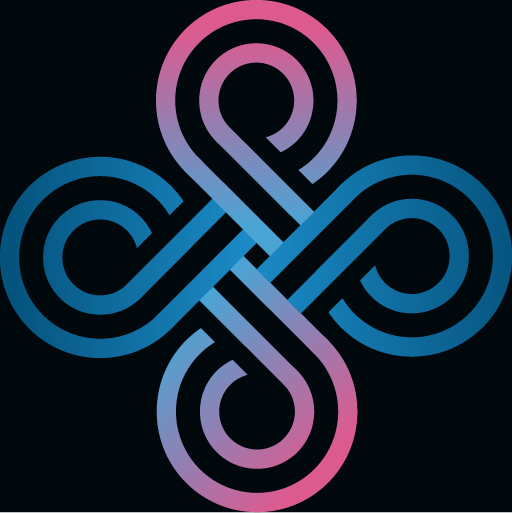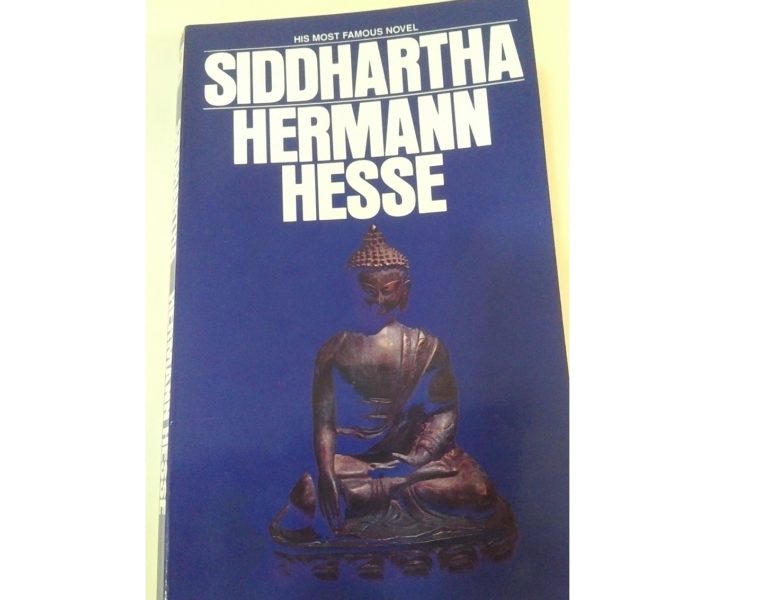The Invited Philosopher
Ianca
The Menu
- Indian Dinner to fit the theme of the evening: Vegetable Samosas, Garlic Cilantro Naan, Lamb Korma, Chicken Vindaloo.
- Dessert: Key Lime Pie*
- Drink: 2002 Bollinger La Grande Année Brut Champagne*
*Courtesy of Ianca
The Philosophy
Siddhartha is a novel by Herman Hesse written in a beautiful verse-like style and is what I call “Philosophical Literature”. While philosophers may not see it as philosophy, it contains some of the deepest insights into human existence, especially with regards to reflecting on what is required for a human to reach that level of equanimity, of inner wisdom, and mental tranquility that frees him or her from the sufferings and attachments to the happenings of life.
The Summary
Siddhartha is the fictional story of a young man, the respected son of a Brahmin, who is dissatisfied with his life and leaves his comfortable home and family behind, with his trusted and loyal friend Govinda, to find the real meaning of life. Both embark on a spiritual journey of self-discovery during the time of the Gautam Buddha, called “Gautama” in the book, until they meet Gautama in person. Govinda decides to become a follower, but Siddhartha decides to go on his own journey. In one crucial scene Siddhartha talks to Gautama, and not without arrogance, tells him that he sees that Gautama is enlightened (recognizing that he is “the real deal”) but that he, Siddhartha, will not become a follower and learn from him because he wants to find enlightenment in the same way Gautama found it, through self-experience (or what I would call “trial and error”). Both before and after his encounter with Gautama, Siddhartha leads a fascinating life, and at every turn of the page, we ask ourselves, how would it feel like, to experience what he is experiencing? What would we choose to do? This, in turn, makes us reflect on our own life.
Analysis
We asked ourselves the question: What would we choose to do to find enlightenment as compared to what Siddhartha chose? Which character in the book do we most connect with? The answers are below.
Ianca as Govinda
I knew that Ianca had lived in a Buddhist temple in Australia for about a year when he was in his 20s, what I did not know is how his path to that experience resembled that of Govinda. It explains why he identified or connected more with Govinda than with Siddharta. Like Govinda and initially also Siddharta , Ianca used to be fascinated by monks he would see in a park, or a bookstore, he felt their vibe as being full of peace and quiet happiness. Without having a plan to do so, when the opportunity came to join the Kadampa Buddhist meditation group, he did, and soon became a volunteer. When the group opened a temple, he and his girlfriend and soon to be wife, moved into the temple, and lived there with the monk and other volunteers. Today, he continues to volunteer at the Kadampa temple in Fort Lauderdale, sometimes teaching meditation classes. His philosophy of life is to be compassionate with others, serve others, and help them walk the path of enlightenment. What he saw in the monks many years ago, he still hopes to find for himself, but he does not seek it out with obsession, because he understands that it then becomes another worldly attachment, and an obstacle for enlightenment.
Paty as the Ferryman
After meeting Gautama, Siddhartha decides to embark on a life free from meditation and the spiritual quests he has been pursuing, and to instead learn from the pleasures of the body and the material world. During his journey, he meets a friendly ferryman, fully content with his simple life. Siddhartha crosses the ferryman’s river and comes to a city to encounter a new life as a successful merchant. Many years later he will cross that river again and live with the ferryman, with whom he finally finds enlightenment, while listening to the secrets the river has to tell.
I am living the life of Siddharta, the merchant, now, but I am being careful not to get imprisoned by the lure of business success, hedonistic pleasures, or other worldly attachments. I feel I am inching closer to living the life of the wise, content, and enlightened ferryman, a life that sounds idyllic to me. For Ianca, that life would be boring and too solitary. For me, as long as I have my books, and a companion, just like the ferryman had Siddharta as a companion, I’d be happy with it. I already live by the bay. I don’t ferry people around, but when I work on my computer, I ferry scientific data and discoveries around and talk to scientists, and I meditate by the bay every morning. It tells me secrets too.
Enlightenment
During the previous dinner we talked about Sartre’s definition of freedom (freedom from judgement) and his definition of nothingness (the true essence of a human) both of which can be linked to the definition of enlightenment. In the dinner in which we discussed Plato’s cave, we considered how to escape the cave, what the cave means, but we did not discuss what we find outside the cave. In the dinner in which we discussed the Traveler from the Tao-Te-Ching, verse #27, we did not discuss what we as travelers of life will find at the end of our journey, and it did not matter to consider it because what mattered was to know that we are travelling, to enjoy it, and not to focus on the destination.
We finally arrived at the topic that presents the theme of enlightenment in a very philosophical way, not because its meaning is not clear, it is, but because it leaves it to discussion how enlightenment can be achieved. The following dinners will probably cover that journey in one way or another.
Enlightenment is a state of mind in which the human is at peace and content, not seeking anything, having arrived at a point in life in which it simply acknowledges what is, or enjoys what is and is grateful for what is. Because it cannot be explained in words, Sartre’s term Nothingness comes to mind. Buddhists use the term emptiness. The Tao-Te-Ching calls it a nameless essence. When you meet an enlightened person, you know what it means. Ianca could feel it in the monks he met and lived with.
Most humans never heard of enlightenment. A majority who hear about it, do not care to achieve that state. And for those who feel the desire to reach that state, the first and main obstacle is that it cannot be pursued as a goal. Enlightenment is about growth, but growth may not bring enlightenment. Many people acknowledge that it is important to grow as a human being, become wiser, learn some life lessons, figure things out, become a better person. But if a person pursues growth in order to achieve some end goal, even if the end goal is enlightenment, then they may not find enlightenment. Siddhartha was looking for enlightenment since the day he left his comfortable, upscale life. In a path of self-denial, he became an ascetic, a beggar. Later he followed spiritual leaders until he met Gautama. After that he embarked on the path of hedonism, and even as he became a wealthy, successful merchant, he only ended in despair, ready to take his own life. After that, he realized his mistakes, but still made new mistakes, for example, becoming attached to being a good father to his spoiled son and frustrated to not be able to teach him the lessons he learned. Finally, through all of this, he grows as a person, learns many lessons, but only at the very end, does he become enlightened. In an instant. The same way it happened to Buddha and other enlightened persons, although for the Buddha it was after many hours of meditation.
So what does it take to become enlightened? There is now clear-cut recipe. But we know it takes growth and wisdom, and a life lived consciously with the intention to be good and of service to others. Here, the 6 perfections of Buddhism come to mind: giving (generosity), moral discipline (integrity), patience, effort, mental stabilization (concentration), and wisdom. It also requires the awareness that enlightenment exists and is a desirable state of mind. And then it takes detachment to enjoy the journey and it requires faith that at one point or another, at the right time, enlightenment will come.
“Resist Nothing”
– Eckhart Tolle ‘s thought the day he became enlightened

